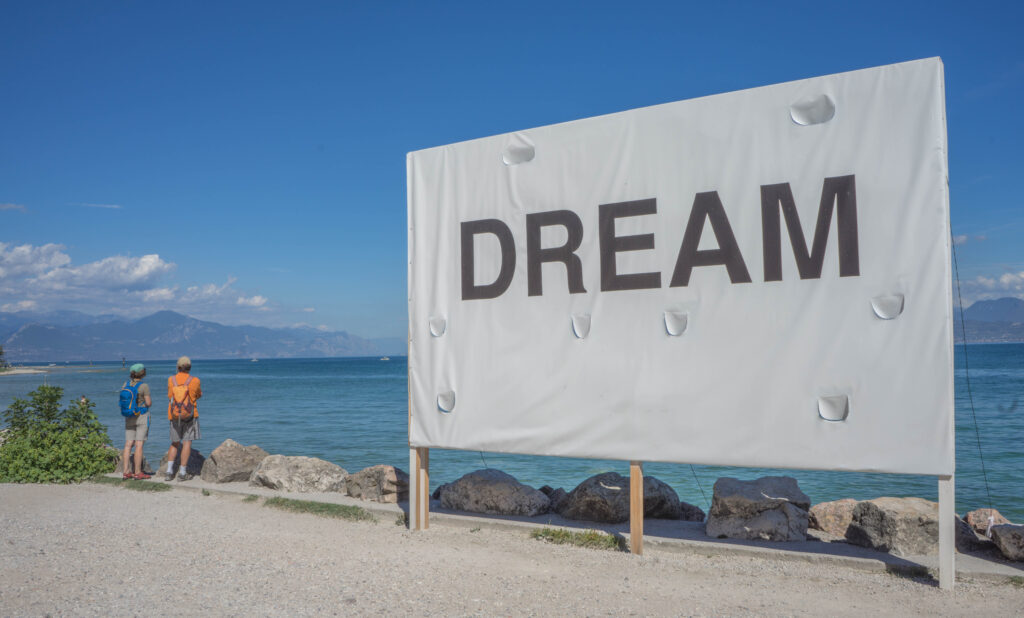It all started with my father. One summer Tuesday the sun baked our sunny yellow kitchen belying the day ahead that was to change my life.
The phone rang. My mother’s words were then an earthquake to my peace, “Will he live?” The room faded except for the ticking round faced clock on the wall. It read 4:30.
My floor was ripped from under me. My father – my protector, my cheerleader, at 47, had suffered a massive heart attack.
His cardiologist was his best friend who taught at Downstate Medical School. But medicine didn’t have answers back then. I could only stand by helpless, visit him in the hospital, a banana in hand. Some potassium, I thought. I was 17.
He lived long enough to complete his doctorate and become a professor at Long Island University. But the gripping thought remained: ‘How could we have helped him?’ And ‘How can I prevent it from happening to me?’
I first got the idea of having a dream from my father. He’d sit with me before bedtime when I was eight. He’d sit close enough so that I knew he was in my corner, but not too close so as to invade my space. I felt safe.
“What should I dream about,” I’d ask. My mother was wiser than I gave her credit for at the time. She stayed out of our private cocoon, giving me the gift of time with my father and our refuge from the world. I was transported, the rush of the world blocked out. Maybe you’ve felt it in a quiet moment playing chess or reading something compelling. It was a silent place.
“What should I dream about,” I’d ask.
We’d talk about whatever, or nothing at all. I treasured only the feel of his unconditional support. He gave me the feeling that nothing else mattered. My mother and father were my world back then. They loomed larger than life, the way we feel as a kid, small and vulnerable.
“Dream about tomorrow,” he’d answer.
His words were his pearl to me then, and then the title of an off-Broadway show. He told me he wrote it in answer to my question. It was about a black family with a dream for a better tomorrow, years before Martin Luther King’s “I have a dream” speech. I remember the cast rehearsing around our old upright piano. Their singing filled our living room.
My father finished his PhD, then he died. Too young for him at 52, and too young for me, at 19. There was no one to continue his messages of hope. My secret garden, safe place, where the sunshine of his belief in me had nourished my dreams, gone.
But his answer to me remains indelible in my heart: “Dream About Tomorrow”
That any of us can have a dream for a better tomorrow.
I borrow my title from him.



